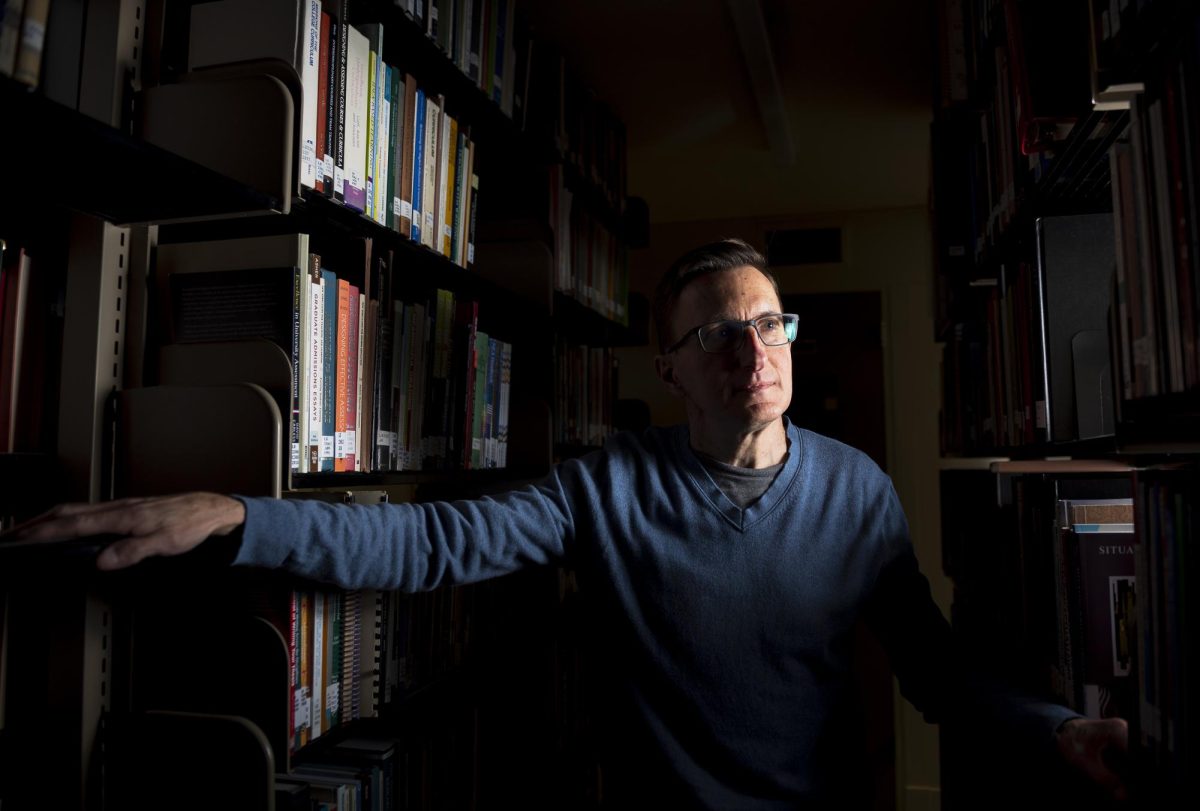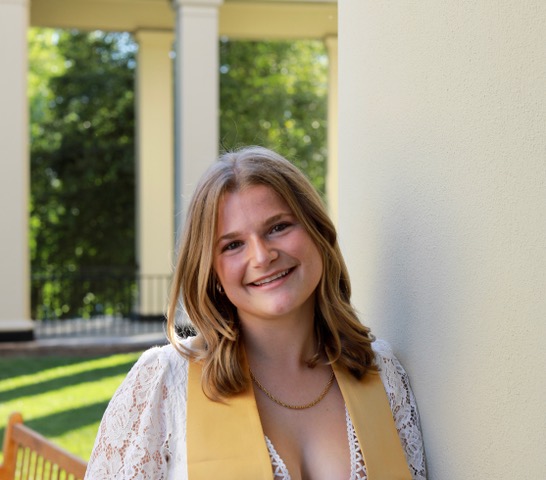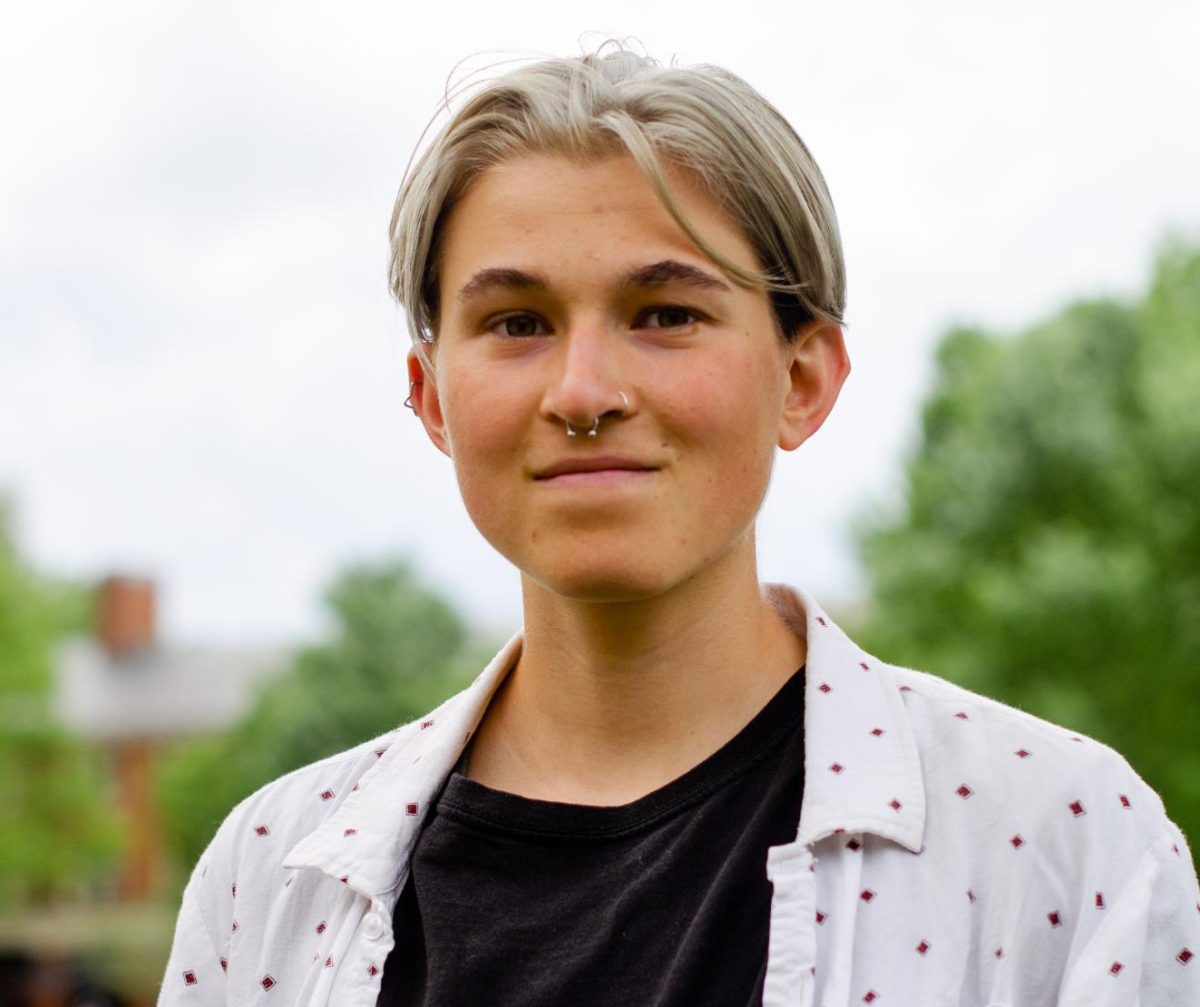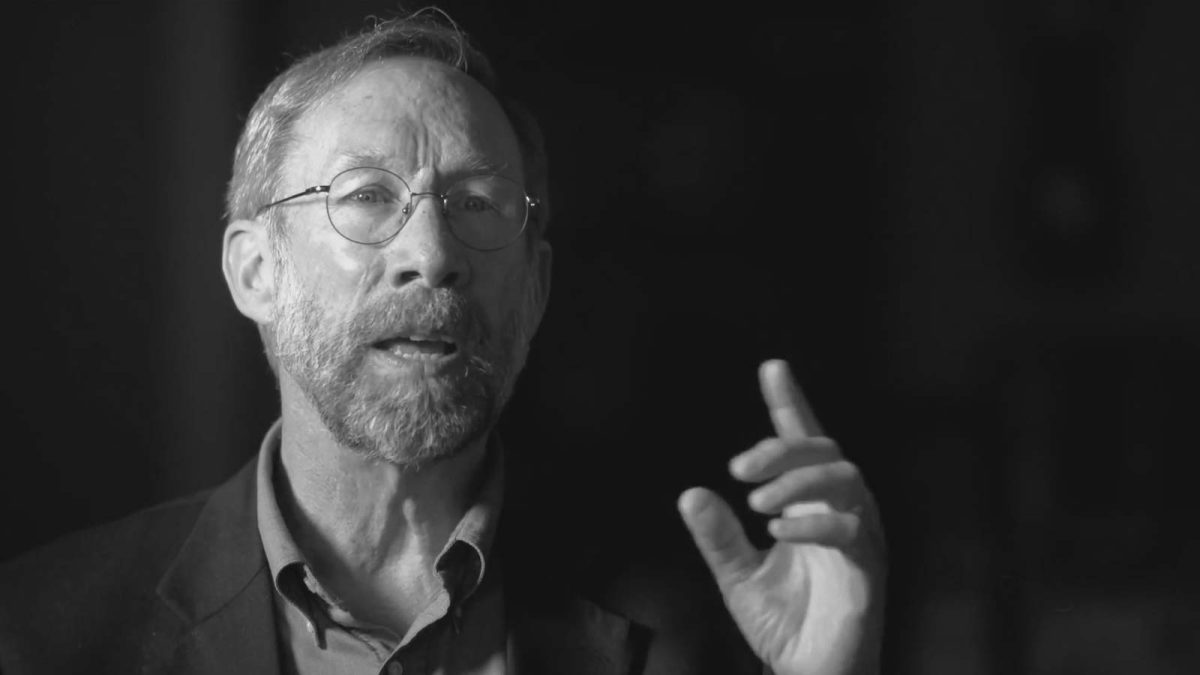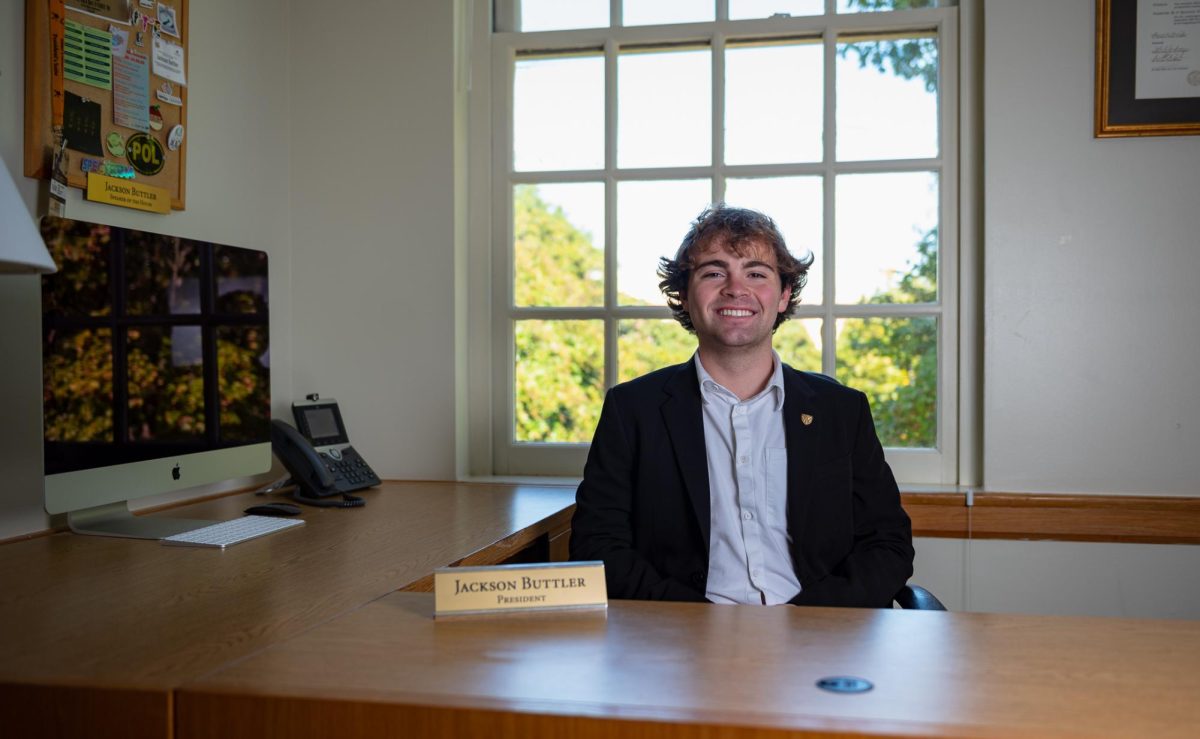At age 15, freshman Sam Shapiro from Minneapolis, Minn. created an officially recognized 501(c)(3) non-profit organization centered in Cite Soleil, Haiti. Inspired by his brother, Marc Arthur, who his family adopted in 2013 after meeting him through a soccer program that brought him to the United States, Shapiro wanted to create a program to provide opportunities for kids his age in Haiti who otherwise might be socially pressured into participating in gang culture.
He worked with a local Haitian peace leader to organize “Sprint to Cite Solei,” which is an economically self-sustaining, multi-aspect program that includes a basketball camp that runs every weekend of the year and provides the local kids of Cite Soleil with structure, clean water, nutritious meals and salutary exercise in a constructive team setting. Shapiro hopes to bring Sprint to Cite Soleil to Wake Forest’s campus environment that embraces the spirit of Pro Humanitate, as well as pair with the Wake Forest Basketball team and other organizations in order to make an even greater impact on the program in Haiti.
What inspired you to create Sprint to Cite Soleil?
My brother, Marc Arthur [inspired me]. So, when I was a sophomore in high school, my family met a 14-year-old boy from Haiti through a soccer program that brought kids to Minnesota to play in the USA Cup. We learned a little bit about him and that he was basically sleeping on the soccer field and did not have a real family or a place to stay. He ended up going back to Haiti after the USA Cup, but my family really bonded with him for the month he was here, and he agreed to return to the United States the day after he turned 15 to start school in the United States and live with us. Then from Minnesota, I wanted to learn more about his culture. I mean this was the kid that I was playing [the video game FIFA] with — he was just totally my brother right away, and I wanted to learn more about where he grew up, so I went down to Haiti with the program that had introduced me to him and Haiti in general. There, I got to meet his biological brother and kind of saw there were a lot of kids in his same position. Although we were able to help Marc Arthur find a family and get an education in the United States, there were a lot of kids that were walking the streets without help — without direction — and getting affiliated with gangs and violence, and so my goal was to create some sort of program that would get kids my age, just like me, off of the streets in Haiti.
What were the first steps you took to get it into action?
I didn’t know anything about non-profits or how to operate one, but the first thing I did when I had the idea with my mom was contact a peace leader in Haiti. It was the guy who is now the president of Cite Soleil Basketball, so it was a guy who had a vision, and we just basically connected through Facebook and I explained to him, “Hey I want to do something — I want to help.” He told me he was working on this mini basketball program, but he didn’t have funding or a great space to have it in, so that’s when I said basically I would partner with him and help raise funds. It was important to me to build off of his idea because I knew that as an American I did not understand exactly just how Cite Soleil operated, and so I tried to support him and his vision, instead of taking my own biased, one-perspective American vision of a new idea for a non-profit.
How often do you go to Haiti and what do you do while you’re there?
I probably go once or twice a year, but it’s important to know that the program is not just when I go. It’s running every single weekend on Saturdays and Sundays, and that includes about 150 kids ages 8-18. We have 10 coaches, and on top of that, we feed the kids every Saturday with four hired cooks, and we also pay all the coaches. The idea behind that is to provide the coaches with a chance to support their own families, and then on top of that, we do a lot of things in the community so we’re connected with the special needs house, hospitals and numerous other organizations. I guess another big thing that I like to put emphasis on is that for the feeding part of our program we buy all of our food locally, it’s not like bagged food shipped from America and this is important because it’s helping grow the community. Our ultimate goal is for the program to be sustainable in Haiti, and we want to kind of boost the economy there and make the program self-reliant so that it’s not relying on people in the U.S. packing meals. That’s actually what I wrote my college essay for Wake Forest on.
What have you learned from leading Sprint to Cite Soleil?
I’d say one thing that is so important is just to connect with other people and ask them their stories because I think I was very surprised by how many people had interest in what I was doing and how many people wanted to support it. There are a lot of generous people who want to help but just don’t know how to [help].
What advice do you have for those who want to do volunteer work in other countries or in tough communities?
I remember thinking when I was just a junior in high school that I was young and my ability to make an impact was small and limited because of that, but I think if you get connected with the right people and you put everything into it, you can make a big difference in any community you want to try to change or make a positive impact on. So I think it’s important to know that and especially for kids and young adults to know that they can make an impact regardless of their age.
Do you plan to bring it to Wake Forest and get people on campus involved?
Yeah, I mean I talked with one of the health teachers that was in a book club I was a part of for new students. The book was actually about Haiti, so that’s why I signed up. But long story short, I got connected with a couple of people who had traveled to Haiti before and talked to them a little about fundraising. It was really small — nothing’s really happened yet, but I really want to connect with the basketball team, especially. There’s a lot of opportunities there connecting the basketball aspect of the program in Haiti with that.









